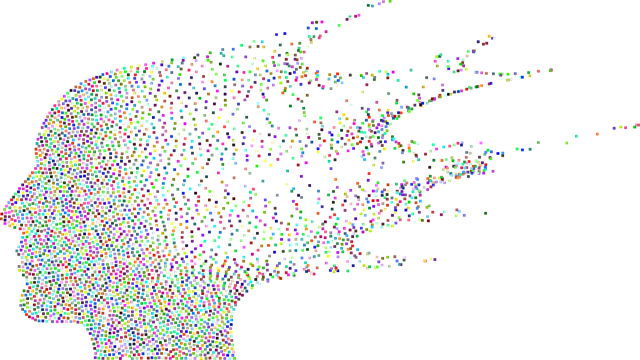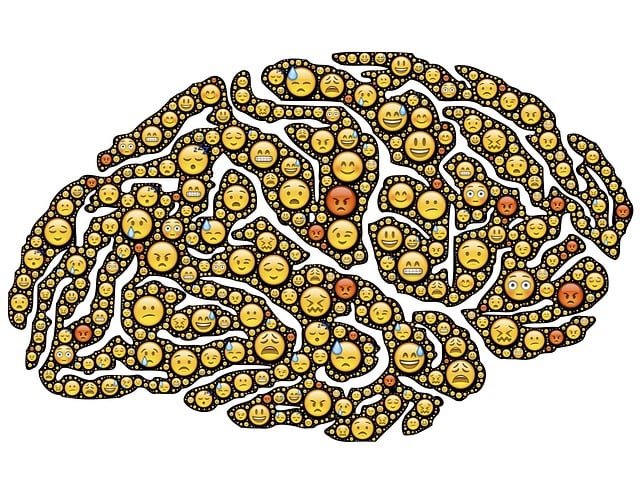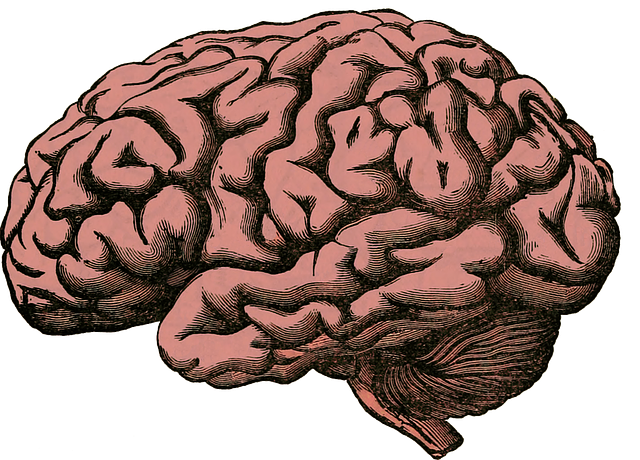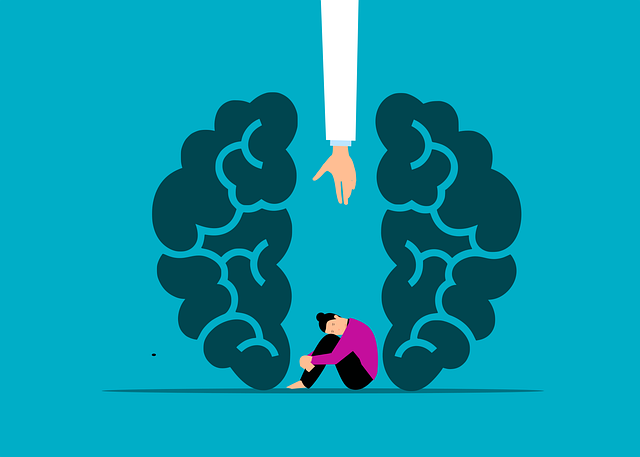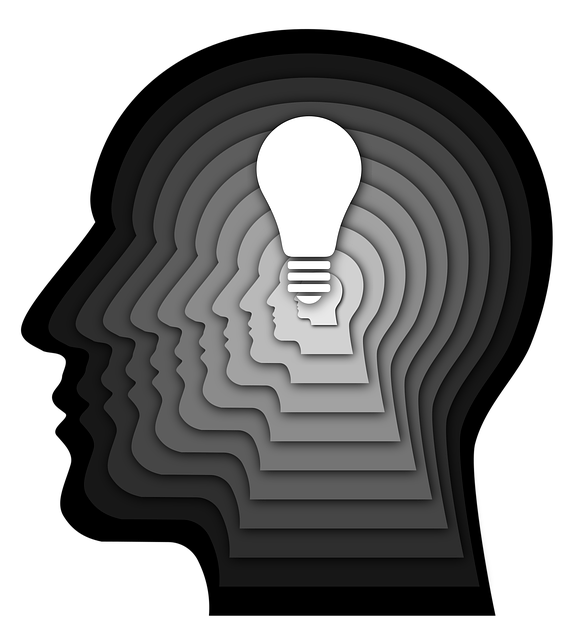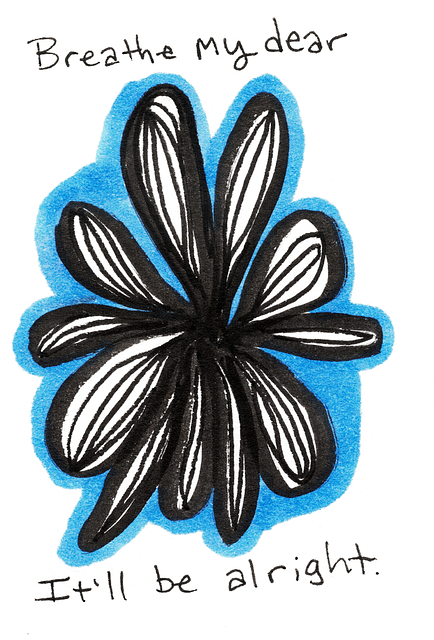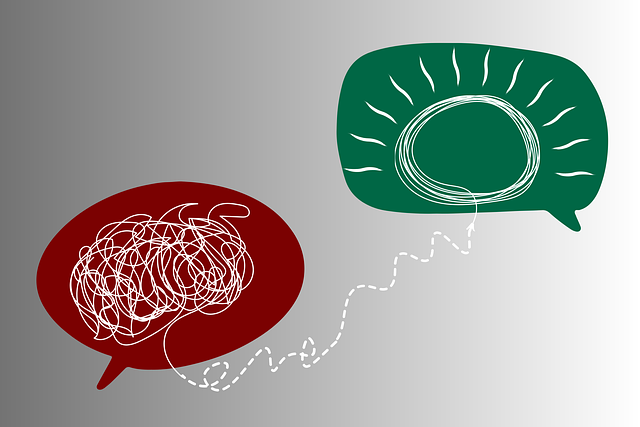Highlands Ranch Panic Disorder and Anxiety Attacks Therapy offers comprehensive support for individuals struggling with these common yet debilitating conditions, using evidence-based practices like cognitive-behavioral therapy (CBT), self-awareness exercises, and trauma support. By identifying triggers, learning coping strategies, and fostering resilience, clients gain the tools to manage symptoms effectively, improve well-being, and live more fulfilling lives free from anxiety and panic attacks. This holistic approach combines crisis intervention techniques, mindfulness practices, and physical activities to promote emotional balance and reduce anxiety levels over time.
In Highlands Ranch, panic disorder and anxiety attacks can significantly impact daily life. This article equips you with essential coping skills development strategies. We explore understanding panic disorder, the transformative role of therapy in building resilience, identifying personal triggers, and practical techniques for managing anxiety. Additionally, learn how to enhance daily living through effective stress management, fostering a more balanced and serene existence.
- Understanding Panic Disorder and Anxiety Attacks
- The Role of Therapy in Developing Coping Skills
- Identifying Personal Triggers and Stressors
- Practical Techniques for Managing Anxiety
- Building Resilience and Enhancing Daily Living
Understanding Panic Disorder and Anxiety Attacks

Panic disorder and anxiety attacks are common yet debilitating conditions that can significantly impact an individual’s daily life. In Highlands Ranch Panic Disorder and Anxiety Attacks Therapy, professionals aim to help clients understand and manage these intense episodes. Many people experience sudden and overwhelming fear or discomfort, often accompanied by physical symptoms like rapid heartbeat, sweating, and shortness of breath. These attacks can be triggered by specific situations or occur randomly, leaving individuals feeling vulnerable and afraid.
Through Trauma Support Services, therapists assist clients in exploring the underlying causes, which may include past traumatic experiences or genetic predispositions. Self-Awareness Exercises play a crucial role in identifying triggers and learning to recognize early warning signs. By understanding their condition, individuals can develop effective coping strategies, such as applying Mind Over Matter Principles, to regain control during an attack. This process promotes resilience and empowers clients to live more fulfilling lives despite the challenges of panic disorder and anxiety attacks.
The Role of Therapy in Developing Coping Skills

In the context of addressing panic disorder and anxiety attacks, therapy plays a pivotal role in empowering individuals to develop robust coping skills. Highlands Ranch Panic Disorder and Anxiety Attacks Therapy offers a safe space for clients to explore and understand their anxious thoughts and behaviors. Skilled therapists employ various evidence-based techniques such as cognitive-behavioral therapy (CBT) to help patients challenge negative thought patterns, learn relaxation strategies, and gradually face fears that trigger anxiety attacks. This therapeutic process not only provides immediate relief but also equips individuals with long-lasting tools for self-care practices.
Through trauma support services, emotional healing processes become accessible, allowing clients to process underlying issues contributing to their anxiety. Therapists facilitate a journey of self-discovery, encouraging the development of adaptive coping mechanisms that enhance overall well-being. By combining CBT and other therapeutic modalities, Highlands Ranch Panic Disorder and Anxiety Attacks Therapy ensures individuals not only manage symptoms but also cultivate resilience in navigating life’s challenges, fostering a greater sense of control and peace.
Identifying Personal Triggers and Stressors

Identifying personal triggers is a crucial step in developing effective coping skills and managing anxiety disorders like panic attacks in Highlands Ranch. Through therapy, individuals can learn to recognize patterns in their thoughts, behaviors, and environments that may contribute to stress or trigger anxiety symptoms. This process involves exploring past experiences, current stressors, and specific situations that cause discomfort or fear. By understanding these triggers, one can begin to develop strategies to manage and reduce the impact of these events on emotional well-being.
In therapy sessions, a trained mental health professional provides crisis intervention guidance tailored to each individual’s needs. They teach techniques for emotional well-being promotion, such as mindfulness practices, breathing exercises, and cognitive reframing, to help individuals gain better control over their reactions during stressful situations. These tools are essential in mitigating the frequency and intensity of anxiety attacks, fostering a sense of calm, and improving overall quality of life.
Practical Techniques for Managing Anxiety

Managing anxiety effectively is a crucial skill for anyone dealing with conditions like panic disorder or experiencing frequent anxiety attacks. One practical technique proven to be beneficial in Highlands Ranch, Colorado’s therapy settings is cognitive-behavioral therapy (CBT). CBT helps individuals identify and change negative thought patterns that contribute to anxiety. By learning to challenge and replace irrational thoughts with more balanced perspectives, people can reduce the intensity of their anxiety responses.
Additionally, techniques like deep breathing exercises, mindfulness meditation, and progressive muscle relaxation are valuable tools for managing acute anxiety symptoms. Incorporating regular physical activity into one’s routine has also been shown to significantly lower anxiety levels over time. These strategies, often taught as part of comprehensive Mental Health Education Programs Design, empower individuals to take control of their mental well-being. Conflict resolution techniques can further assist in managing stressors that trigger anxiety, while depression prevention strategies focus on building resilience and coping mechanisms to avoid relapsing into depressive episodes.
Building Resilience and Enhancing Daily Living

Building resilience is a key component of coping skills development, especially for individuals dealing with anxiety disorders like panic attacks in Highlands Ranch. Through therapy, one can learn to navigate and manage their emotions more effectively. Self-awareness exercises play a pivotal role here, helping individuals understand their triggers and develop strategies to cope with them. By fostering self-awareness, people can enhance their ability to recognize early warning signs of anxiety, enabling prompt action to avert or mitigate full-blown panic attacks.
Community outreach program implementation is another powerful tool in this regard. Such programs often offer support groups where individuals share experiences, gain insights, and learn from each other. This sense of community not only provides emotional support but also practical tips for managing daily living with anxiety. Additionally, these programs can include mood management techniques such as mindfulness meditation, cognitive behavioral therapy (CBT), and relaxation exercises, all of which are effective in reducing symptoms of panic disorder and enhancing overall well-being.
Coping skills development is a transformative process that empowers individuals to manage anxiety, especially in the face of panic disorder. By understanding their condition, seeking therapy, identifying triggers, and employing practical techniques, residents of Highlands Ranch can enhance their daily living and build resilience. This holistic approach, combined with effective therapy, offers a reliable path to overcoming anxiety and improving overall well-being.
